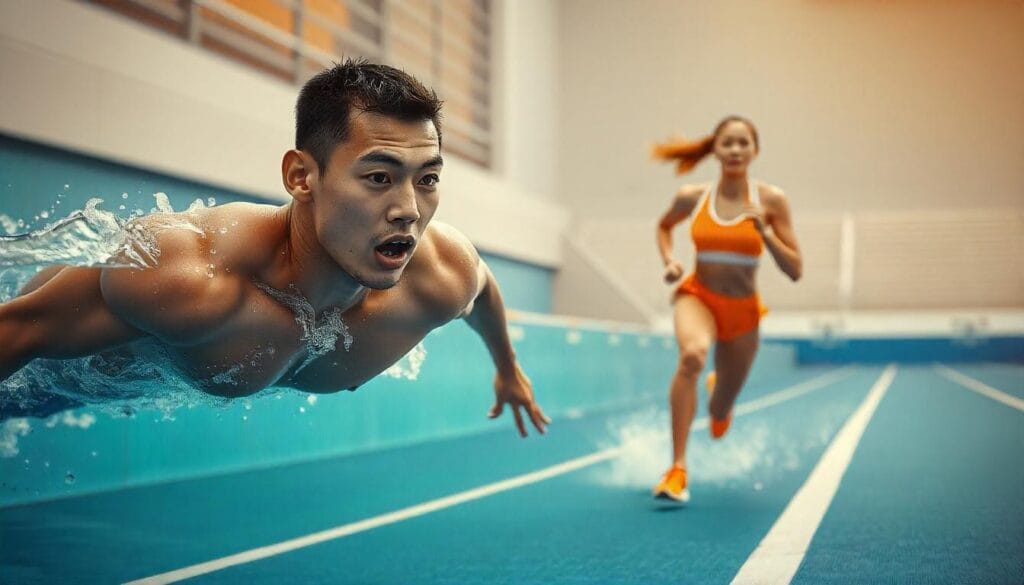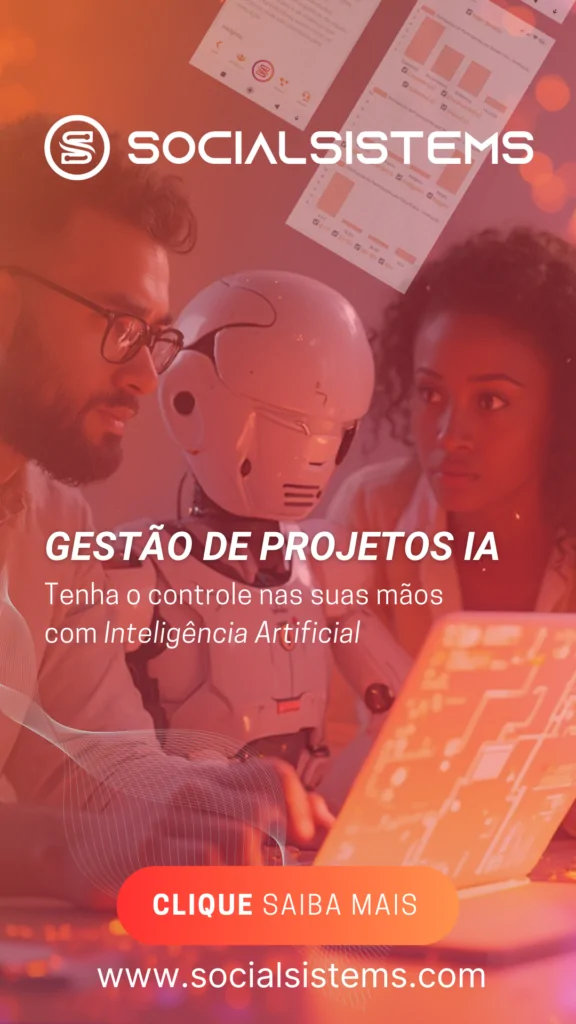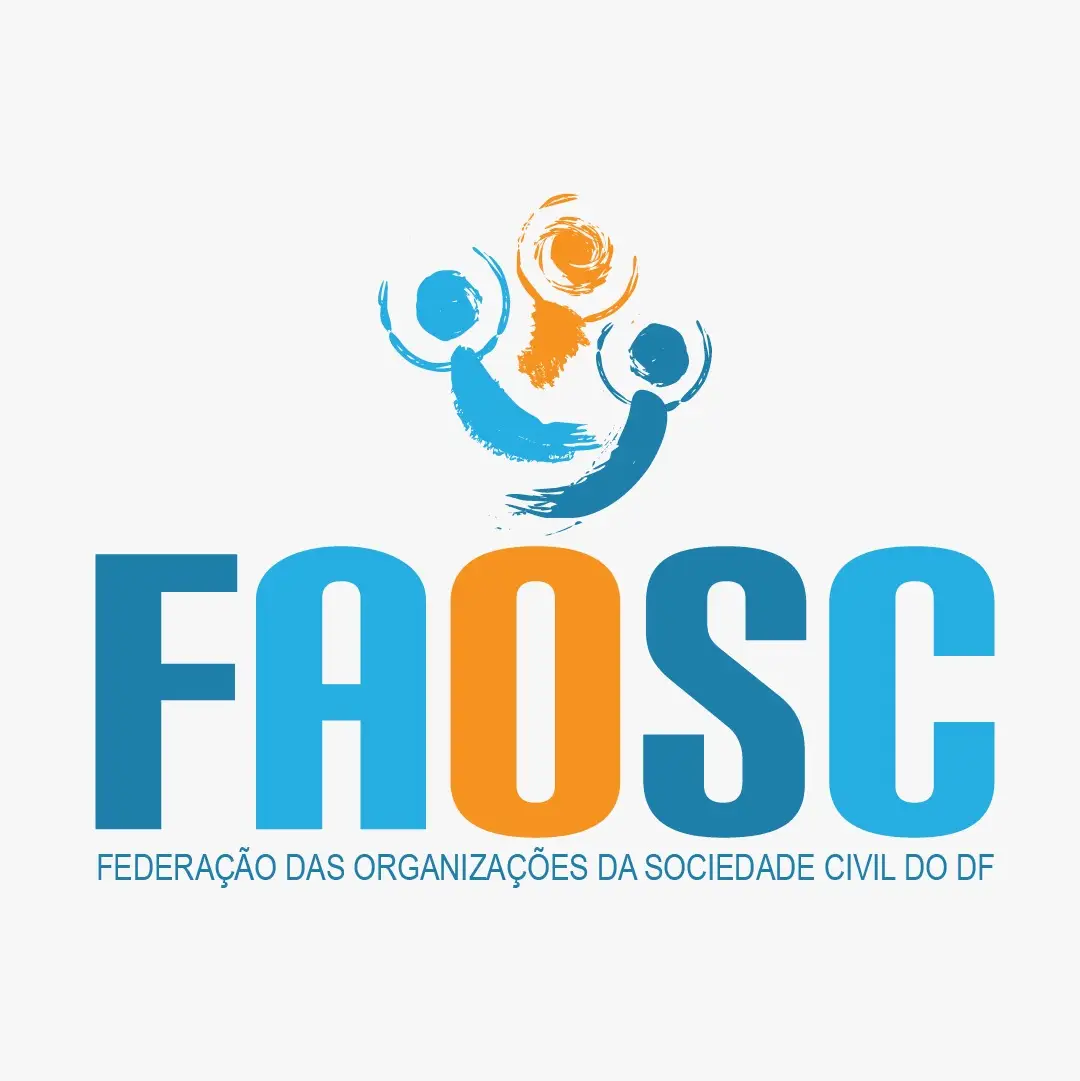A New Impetus: The Transformation of Brasília’s Sports Infrastructure
The 2016 Olympic Games provided a unique opportunity for Brasília to reassess and revitalize its sports infrastructure. With the construction and modernization of sports complexes, the city has become a hub for the practice of various sports. The Brasília Olympic Training Center, for example, now houses high-level training, attracting athletes from all over the country. This infrastructure not only benefits professional athletes, but is also open to the population, encouraging all age groups to take part in sport.
In addition to infrastructure, the Olympic legacy has fostered the creation of sports incentive programs and activities aimed at social inclusion. The promotion of sporting events and local competitions has enabled young talents to be discovered and to aim for the Olympic dream. Initiatives such as the “Bolsa Atleta” and projects to support grassroots schools have promoted a more robust and accessible sports ecosystem, cultivating interest in physical activity from an early age.
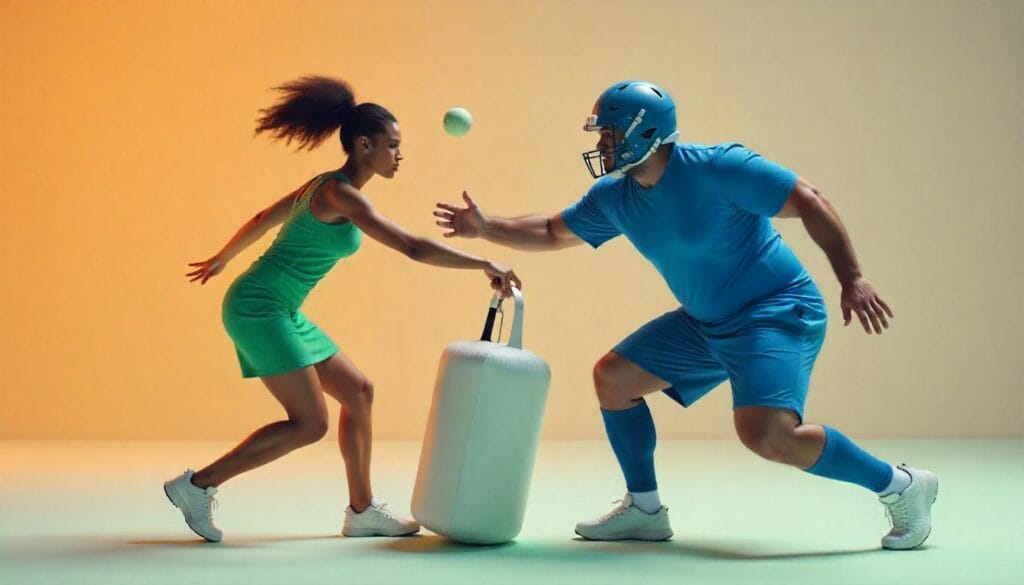
Beyond the Courts: The Social Legacy of the Olympic Games
Finally, the visibility and prestige that the Olympic Games brought to sport in the Federal District resulted in a significant increase in private investment and public partnerships. Local companies and non-governmental organizations began to support events and athletes, expanding opportunities for sponsorship and financial resources. This new dynamic has been essential for the growth and strengthening of sport in the capital, transforming Brasília into a promising scenario for athletes in various disciplines.
The Olympic legacy is not just limited to the construction of facilities, but also to the cultural transformation in relation to sport. Brasília’s society has shown itself to be increasingly engaged in sports, with a significant increase in the number of people practicing a variety of disciplines. Increased awareness of health and well-being has encouraged the population to seek out physical activities, promoting a change in habits that can last for generations.
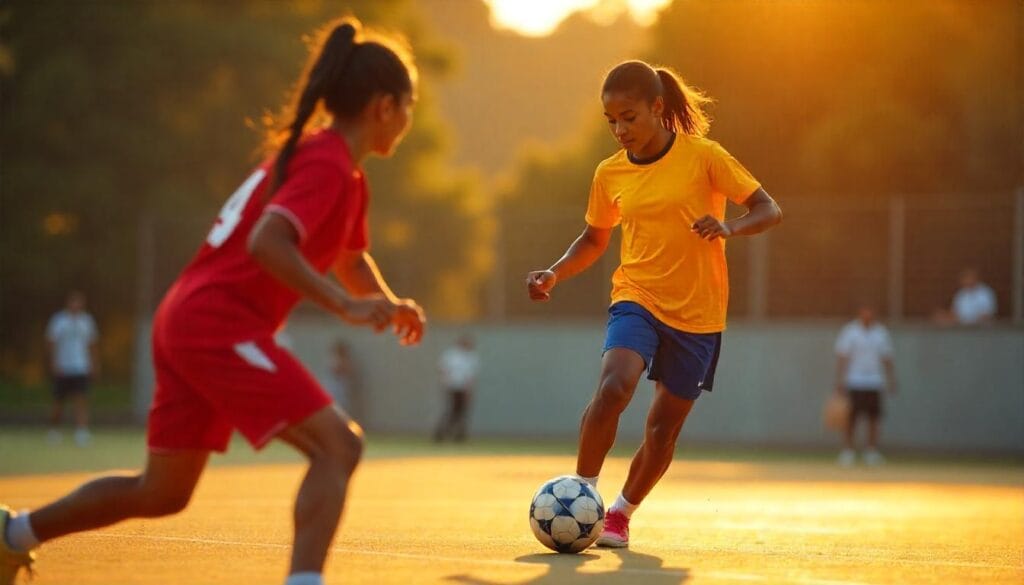
A Promising Future: Sport as the Capital’s Development Engine
Schools, both public and private, have been incorporating sports into their curricula, which is a direct reflection of the legacy left by the Games. This inclusion not only develops children’s physical skills, but also teaches them values such as teamwork, discipline and perseverance. The expectation is that, over time, this new generation of athletes will have more opportunities to stand out in regional, national and even international competitions, contributing to the emergence of new idols on the Brazilian sports scene.
Finally, the future of sports in the Federal District looks promising with the possibility of new major events and competitions being held in the capital. Brasília has already become an attractive location for national and international tournaments, which generates a virtuous cycle of development and visibility for local sport. Institutional support and community engagement are key to keeping this legacy alive and inspiring future athletes.
The Olympic legacy in Brasilia represents a significant transformation in the way sport is seen and practiced in the federal capital. Changes in infrastructure, social inclusion and community engagement have contributed to strengthening local sport, creating solid foundations for the future. With a new generation of athletes and a growing sports culture, Brasília is preparing to establish itself as a true sports hub in Brazil, ensuring that the benefits of the Olympic Games will be felt for many years to come.



